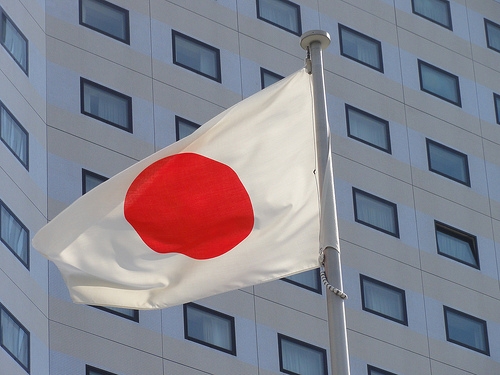
3 big challenges Japan's 'Abenomics' must beat
Monetary policy is just tip of iceberg.
According to DBS, since winning the lower house election in Dec12, Prime Minister Shinzo Abe and his ruling LDP party have been pushing for economic stimulus policies, aimed at pulling Japan out from the two-decade long deflation and stagnation.
Dubbed “Abenomics”, the stimulus policies contain three pillars – monetary easing, fiscal stimulus, and structural reform.
Here are the 3 challenges DBS said Japan must overcome:
1: Monetary policy reaches its limit
By pursuing quantitative and qualitative easing, the BOJ has already taken all the “necessary and possible” easing measures, as said by Governor Kuroda after April’s policy announcement.
Creating new surprises to financial market expectations and generating a new round of market rally will become increasingly difficult. The stimulus effects on the real economy as a result of equity price increases and yen depreciation can’t last for long.
2: The public sector faces deleveraging pressures
Fiscal expansion cannot be sustained either. While the private sector has deleveraged in the past two decades, public sector debt has risen to 227% of GDP, currently the largest such load in the world.
The government has a self-imposed target of balancing the budget by the end of this decade. As the first step towards fiscal consolidation, the former administration under Prime Minister Noda has legislated to hike consumption taxes in April 2014 and October 2015 (from 5% to 8% and then to 10%).
Despite Abe’s ambiguous stance over the consumption tax plan, he has pledged to maintain the target of balancing budget deficit by 2020. This means even if the consumption tax hike is postponed / suspended, some other forms of tax increases or spending cuts would replace them.
The public sector’s deleveraging will kick start in 2014 at the earliest and the economic impact will be negative – unless the private sector can releverage to offset.
3. Structural reforms are not easy
The room for monetary and fiscal policies is both limited in Japan. What the country really needs is a long term growth strategy that addresses the structural economic weakness and the lack of competitiveness.
This points to the supply-side reform measures to boost population growth, labor participation, private investment and productivity.
Abe will present a long term economic plan in Jun13. In the supplementary budget unveiled in Jan13, Abe has proposed some measures to promote productivity via R&D, innovation and human capital development.
The government has also made a step towards increasing trade openness / competitiveness, announcing in Mar13 that Japan will join the negotiations of Trans-Pacific Partnership (TPP, a regional free trade agreement).
























 Advertise
Advertise






